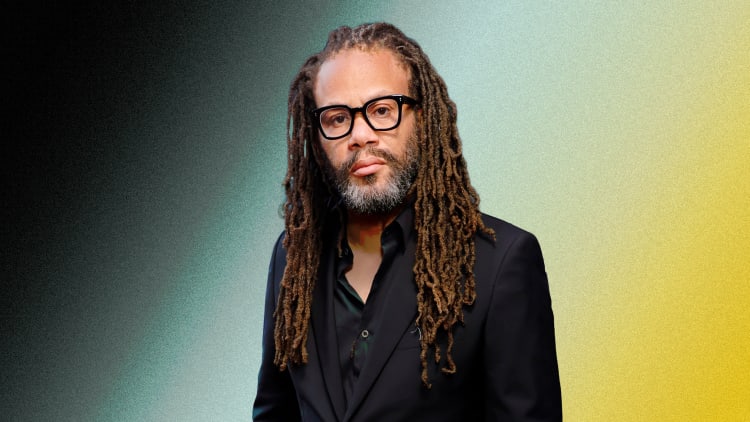Community, Leadership, Experimentation, Diversity, & Education
Pittsburgh Arts, Regional Theatre, New Work, Producing, Copyright, Labor Unions,
New Products, Coping Skills, J-O-Bs...
Theatre industry news, University & School of Drama Announcements, plus occasional course support for
Carnegie Mellon School of Drama Faculty, Staff, Students, and Alumni.
CMU School of Drama
Wednesday, October 02, 2024
The Black List founder: Hollywood is thinking about risk all wrong
Fast Company: After altering how Hollywood discovers scripts, The Black List is now targeting the book world. Founder and CEO Franklin Leonard proved that overlooked scripts like Slumdog Millionaire and I, Tonya can become commercial and artistic hits. Now, grounded in his belief that the Black List can act as a giant metal detector for uncovering great fiction, he explains his reasoning and plans for this expansion.
Subscribe to:
Post Comments (Atom)

3 comments:
It’s inspiring to read about something that turned from an annual survey of Hollywood’s most unproduced screenplays to an industrial-sized metal detector used to find the great writing that was happening but wasn’t getting on the screen. Even in this age where streaming is the pipeline for most content we watch, it’s easy to get lost in the sea of everything. Not only that but people take more risks than they used to, the dialogue about risk taking has changed. While celebrating the best writing they can find, they are also going against what Hollywood claims to be the norms for movies, like by making female-led action packed movies. What’s risky and not risky in Hollywood to create has always been flawed, but with this new outlook on new works, new writing and new ideas I am hopeful that creative makers will be more willing to turn those risks into norms.
This article makes such a good point about the public perception of what makes a movie or TV show or book “risky.” Like they pointed out, “risky” is often code for works that represent minorities or elevate oppressed voices in a way they are not usually seen in media, so obviously dismantling that idea is fundamental. But beyond the moral reasons, it also makes sense commercially to invest in those kinds of projects. I have found that the most niche, “risky,” particular forms of media are the ones with the most loyal and devoted fanbases… and yet often the ones to first get placed on the chopping block when cancellation season comes around. Despite the fact that there IS money to be made in making people feel heard and represented (Black stories, queer stories, disabled stories, etc), Hollywood often wants to stick to old formulas that it knows will work, which is why projects like this are so important to give the more “niche” stories a chance.
I really respect that Robert is trying to support pieces of work that often gets looked over because they are deemed too “risky” or not commercially viable. I think that he is right in that often we are too blinded by our prejudices and our fears to really understand what would sell and we often do not look at what the data tells us. Instead, we just assume what our audience does or does not want to see and go off of that instead of actually working off of data. I think that the industry is slowly starting to change but they are still so rooted in their old prejudices that it will still take a lot more time for any real concrete change to happen and stick. I also think that by taking more risks on different unconventional projects, more money could come into the industry because it is not the same old, same old; instead, it is new ideas that are original and fresh and maybe that will help inspire more people and kind of snowball from there.
Post a Comment